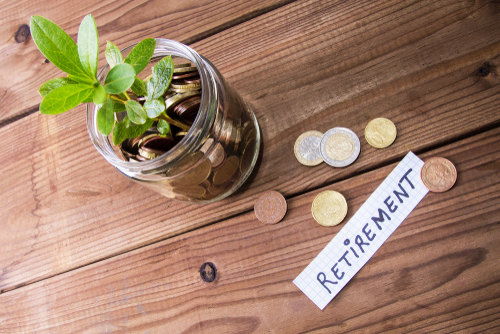News
Pensioner income slip back

New government data shows that pension incomes have almost doubled since 1995, but have dropped since last year.
The average weekly income for all pensioners was £304 in 2017/18, almost twice the level recorded in 1994/95 (£161). However, it has seen a drop from 2016/17, when the average pensioner was receiving £317.
The state pension remains the biggest component in retirement for most people, accounting for 59% of income for single pensioners and 35% for couples. Surprisingly, older pensions (those aged over 75) have higher average incomes that younger pensioners. Their incomes have had a boost from the state pension triple lock and broader availability of defined benefit schemes.
Tom Selby, senior analyst at AJ Bell, said: “After decades of rapidly rising retirement incomes the good times may be coming to an end. The last of the Baby Boomers are now approaching retirement, with many lucky enough to have built up generous defined benefit (DB) entitlements. Those who have already retired have also enjoyed boosts in the value of their state pension since 2010 through the triple-lock.
Falling state pension?
“The next generation, on the other hand, will likely experience a scaling back in state pension provision, with DB now almost exclusively the preserve of the public sector. While automatic enrolment has been hugely successful in increasing the number of people saving in a pension, at current levels it is unlikely to be enough to continue the trend of rising retirement incomes.”
Steven Cameron, pensions director at Aegon said that the figures show the need to address pension provision for women. Single women have a median net income after housing costs of £206 compared to £233 amongst single men: “The latest statistics show that women continue to have lower incomes in retirement than men. The analysis of single people brings this out most clearly. Average net income of a single female after housing costs has been consistently below that of men between 1994/95 and 2017/18. In percentage terms, the gap has fallen only slightly from 16% to 12% with single women having to get by on £27 a week less.
“Looking beneath these figures, the difference in make-up of retirement income is even more stark. On average, single women receive 65% of their gross retirement income in benefits and 25% from occupational and personal pensions. This compares to single men receiving 49% of their retirement income in benefits and 33% in occupational and personal pensions. These figures show that only limited progress has been made in addressing the gender pensions gap. To avoid women being at the mercy of state benefit entitlements in their retirement, we need to find ways of boosting their saving through occupational and personal pensions.”